| Price | £13.00 Original price was: £13.00.£0.99Current price is: £0.99. | £6.00 Original price was: £6.00.£0.99Current price is: £0.99. | £8.00 Original price was: £8.00.£0.99Current price is: £0.99. | £4.00 Original price was: £4.00.£0.99Current price is: £0.99. | £5.00 Original price was: £5.00.£0.99Current price is: £0.99. | £3.00 Original price was: £3.00.£0.99Current price is: £0.99. |
| Content | The first of two volumes of a comprehensive exposition of Islamic political theory by the renowned scholar Ayatullah Muhammad Taqi Misbah Yazdi, which deals with the importance of recognizing Islam as the basis of any just political theory, methods of implementing such a theory by the government, and comparing and contrasting this Islamic system with the system predominant in most Western and secular nations.
Under the legislation aspect of the Islamic political theory, the topics discussed include:
- The important questions in the realm of Islamic polity
- The importance and exigency of discussing the Islamic political theory
- The station of politics in religion
- Freedom in Islam
- Freedom and its limit and boundary
- The structure and form of government
- The status of laws in the religious system
- Law and the difference in outlook and origin
- The criterion of the law's credibility
- The difference in outlooks of Islam and the West on values
- The fundamental difference in the outlooks of Islam and the West on law
- The West's materialistic outlook on law
- The Islamic government, challenges, and cultural plots
- The difference between the divine and atheistic cultures in the realm of law and freedom
- The relationship between religious legislative lordship (rububiyyat-e tashri'i), and sovereignty and legislation
- The requisites of legislation and its station in Islam
- The distinctive features of Islam in the realm of politics and government
- A new portrait of the station of law and government
- Islam and democracy
- The essence of the unity in humanity and the citizenship of citizens
- HEAVILY SUBSIDIZED BY WWW.ISLAMICTHOUGHT.CO.UK
| Topics covered from Nahjul Balagha. 1 Self purification 2 Quran 3 Phenomenon& Noumenon 4 Spirituality 5 Perfect human 6 Natural sciences 7 Remedy for India 8 Humanity 9 Model of education 10 Humanist text
HEAVILY SUBSIDIZED BY WWW.ISLAMICTHOUGHT.CO.UK | Ideological and Jurisprudence Frontiers of Islam: A Scrutiny into Islam's Theory and Practice Compiled in the Form of Questions and Answers Addressing the Key Issues in Human Life. |
If we study the subjects of FIQH in detail, we find that every one of them is peculiar and singular in itself. Some of the laws relate to the natural urge in human beings to adore and worship. It guides us to worship none but Allah, in the prescribed form, seeking His pleasure. Then there are laws which prompt us to serve, be helpful and useful to human society, at the same time affirming our obedience to Allah. These are Zakat, Khums, our social and political duties, Jihad, Amr bil Ma'roof and Nahy anil Munkar, training in martial arts etc. Also covering brief history of over 40 Mujtahids.
HEAVILY SUBSIDIZED BY IEB OF WORLD FEDERATION.
| This book Shi`ah Advanced Seminary Its Phases, development and characteristics, takes you through a journey how the Hawza system work. Topics covered 1 History of two Hawzahs 2 Style 3 Hawzah flexibility 4 Political independence 5 Economic independence 6 spiritual independence 7 First to third phase 8 Powerful education system
HEAVILY SUBSIDIZED BY WWW.ISLAMICTHOUGHT.CO.UK
| Very informative booklet on how to make will simple and clear including sample will. This is taken from Making an Islamic will by Sayyid Muhammad Rizvi and and the World Federation Sample will.
HEAVILY SUBSIDIZED BY WWW.ISLAMICTHOUGHT.CO.UK |

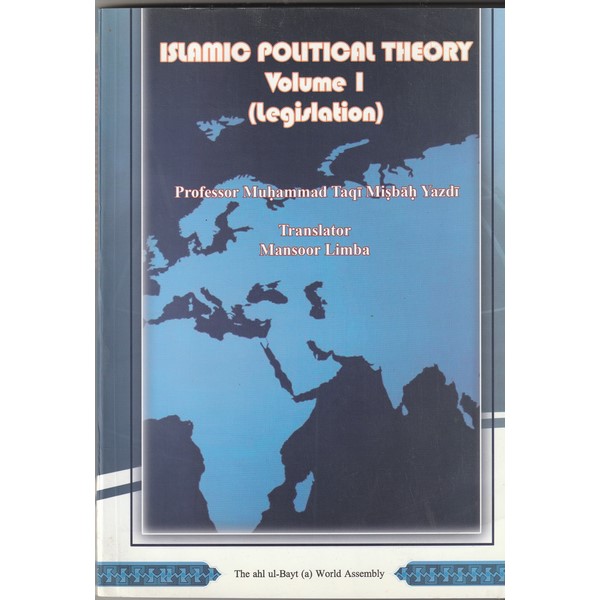
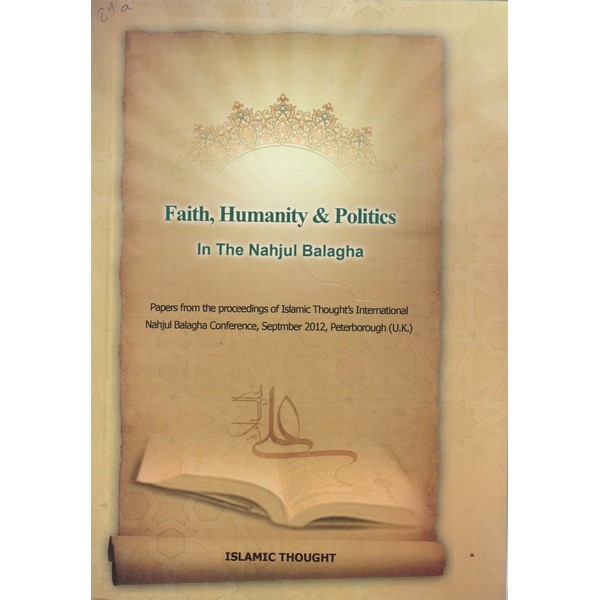
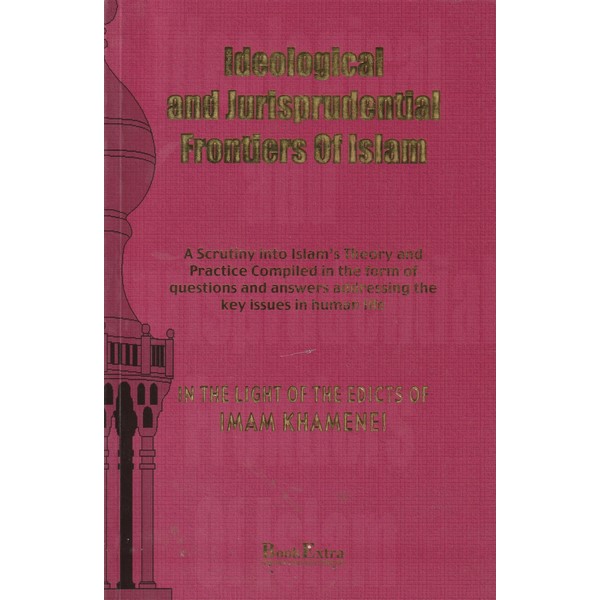
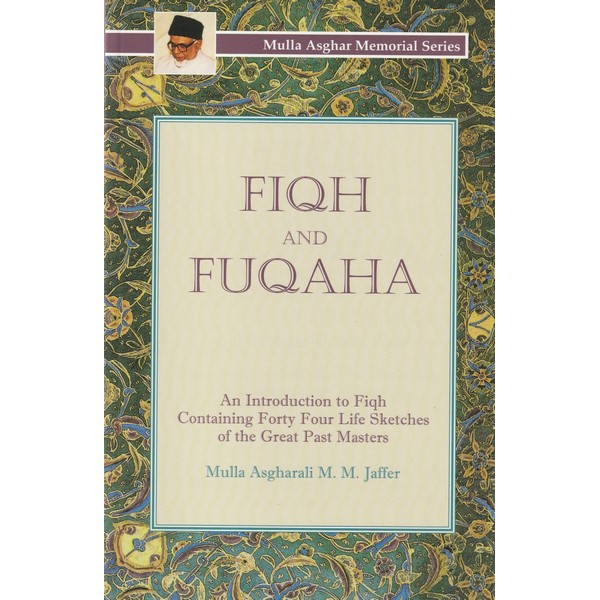

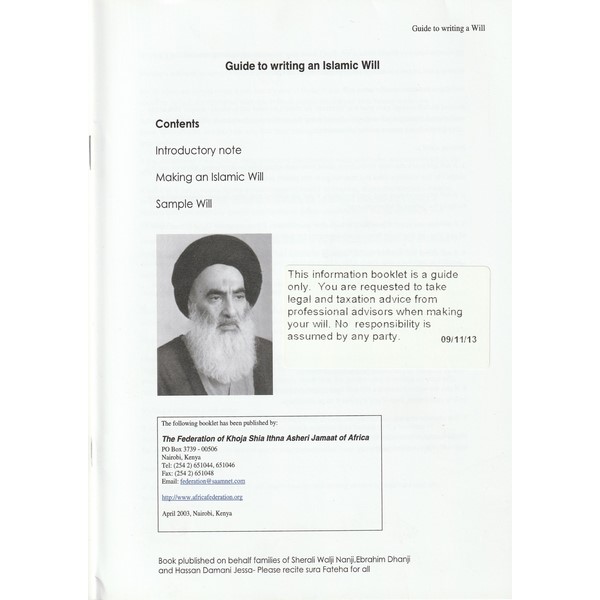




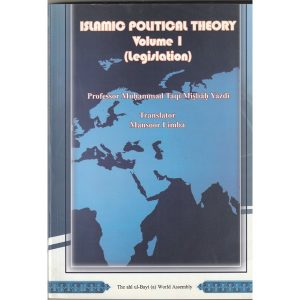
Reviews
There are no reviews yet.